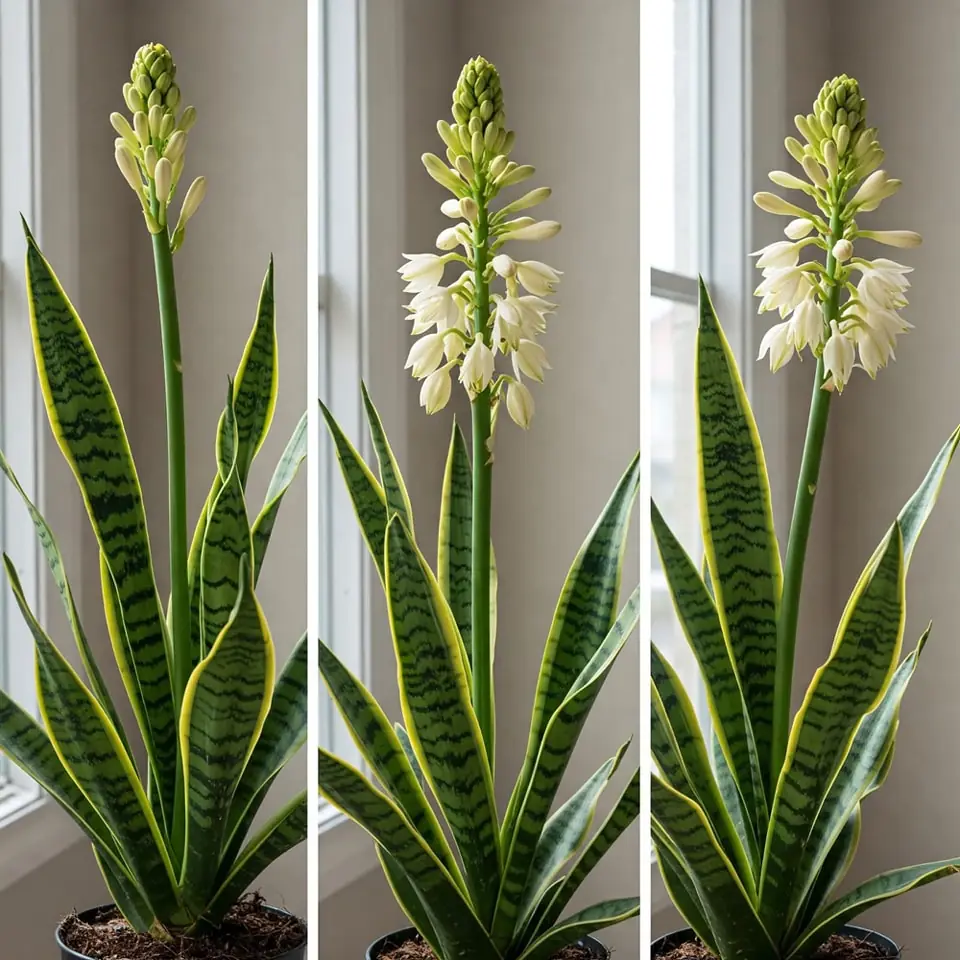
Boost Your Tomato Growth with Onion Peels: Nature’s Secret Fertilizer!
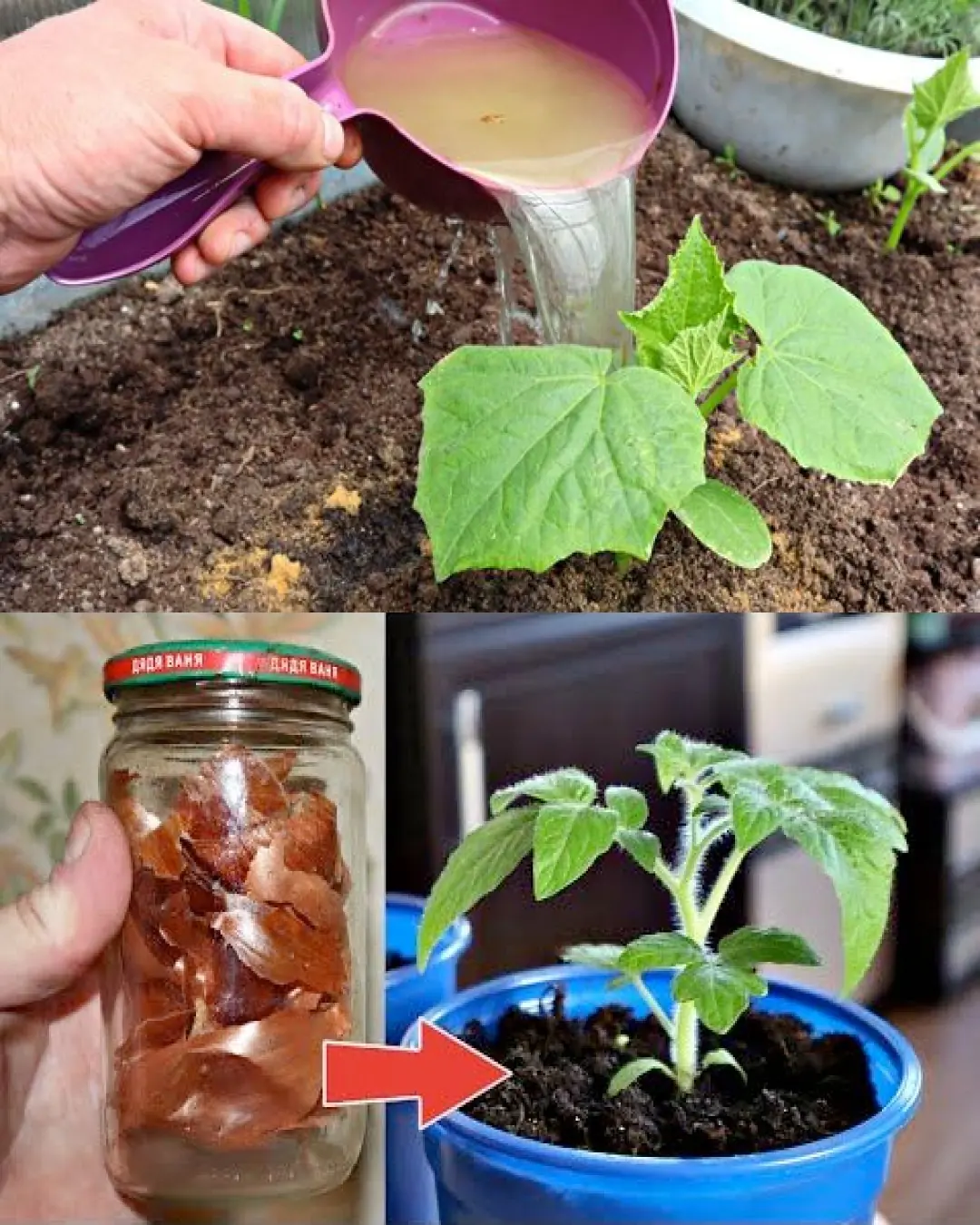
Tomatoes are among the most popular garden vegetables, cherished for their rich flavor and nutritional benefits. To grow healthy and bountiful tomato plants, gardeners often seek natural and sustainable methods to enhance soil fertility and plant vitality. One surprising and eco-friendly solution is onion peels - a natural fertilizer packed with nutrients that can supercharge your tomato growth.
Why Onion Peels?
Onion peels are usually discarded as kitchen waste, but they are actually rich in valuable nutrients and bioactive compounds that benefit plants:
-
High in Nutrients: Onion skins contain potassium, calcium, magnesium, and sulfur—all essential elements for tomato plants to develop strong roots, vibrant leaves, and flavorful fruit.
-
Rich in Antioxidants: The peels contain antioxidants such as quercetin and flavonoids which improve soil health by supporting beneficial microorganisms.
-
Natural Soil Conditioner: Adding onion peels to compost or soil enhances organic matter, improving soil structure and moisture retention.
How to Use Onion Peels to Fertilize Tomato Plants
1. Composting Onion Peels
The easiest way to use onion peels is by adding them to your compost pile. They break down slowly, enriching the compost with nutrients and helping produce a rich organic fertilizer for your tomatoes.
-
Collect onion peels and add them to your compost bin regularly.
-
Mix well with other green and brown compost materials.
-
Use the finished compost to feed your tomato plants during planting or as a top dressing.
2. Make Onion Peel Tea
You can extract nutrients from onion peels by brewing a natural “tea” fertilizer.
How to Prepare:
-
Boil a handful of onion peels in 1 gallon (about 4 liters) of water for 20-30 minutes.
-
Let it cool and strain out the peels.
-
Dilute the tea with water (about 1:5 ratio) before applying.
-
Use this liquid fertilizer to water your tomato plants once every 1-2 weeks.
This method provides a gentle nutrient boost that improves plant growth and disease resistance.
3. Direct Soil Amendment
Chop dry onion peels into small pieces and mix them directly into the soil around your tomato plants. This gradual release fertilizer improves soil organic content and feeds the plants naturally over time.
Benefits of Using Onion Peels for Tomatoes
-
Stronger Roots and Stems: Potassium and calcium in onion peels promote robust root systems and sturdy stems that support heavy fruit loads.
-
Improved Disease Resistance: Antioxidants boost plant immunity against common tomato diseases like blight and wilt.
-
Better Fruit Quality: Healthy plants produce tomatoes with richer flavor, better color, and increased sweetness.
-
Eco-Friendly & Cost-Effective: Reusing kitchen waste reduces landfill burden and cuts down on chemical fertilizer costs.
Tips for Best Results
-
Use peels from organic onions if possible to avoid pesticide residues.
-
Avoid excessive amounts of onion peels as they can temporarily alter soil pH—moderation is key.
-
Combine onion peels with other compostable materials for a balanced nutrient profile.
-
Always water your tomato plants well after applying any organic amendments.
Conclusion
Onion peels are nature’s hidden fertilizer treasure that can boost the growth and productivity of your tomato plants without chemicals. Whether composted, brewed into tea, or mixed directly into soil, onion peels enrich the soil, enhance plant health, and improve tomato yields.
Next time you cook with onions, save the peels and turn your kitchen scraps into a powerful garden asset. Your tomatoes will thank you with vibrant growth and delicious fruit!
News in the same category

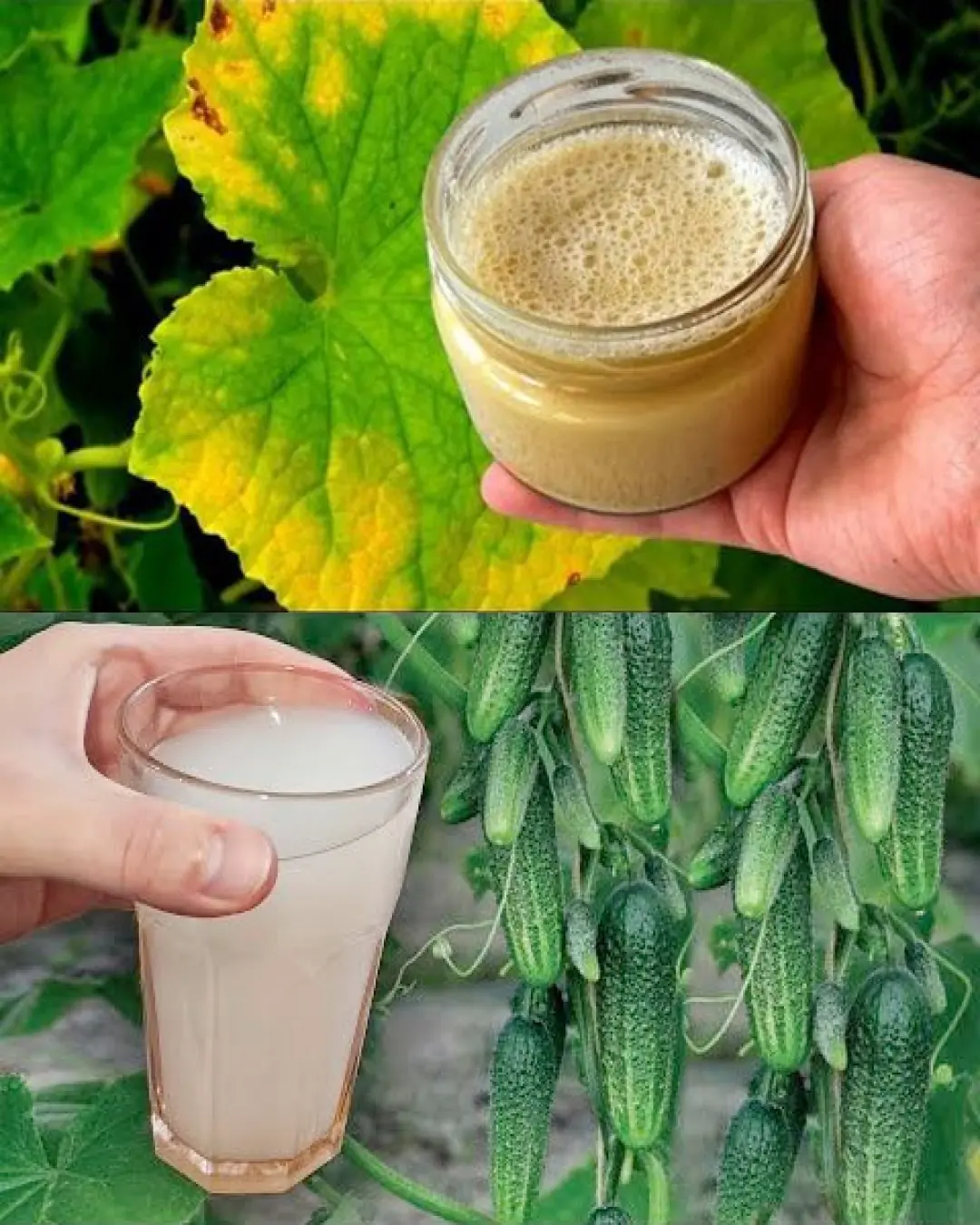
The Power of Yeast: A Natural Booster for Growing Tomatoes, Peppers, and Cucumbers
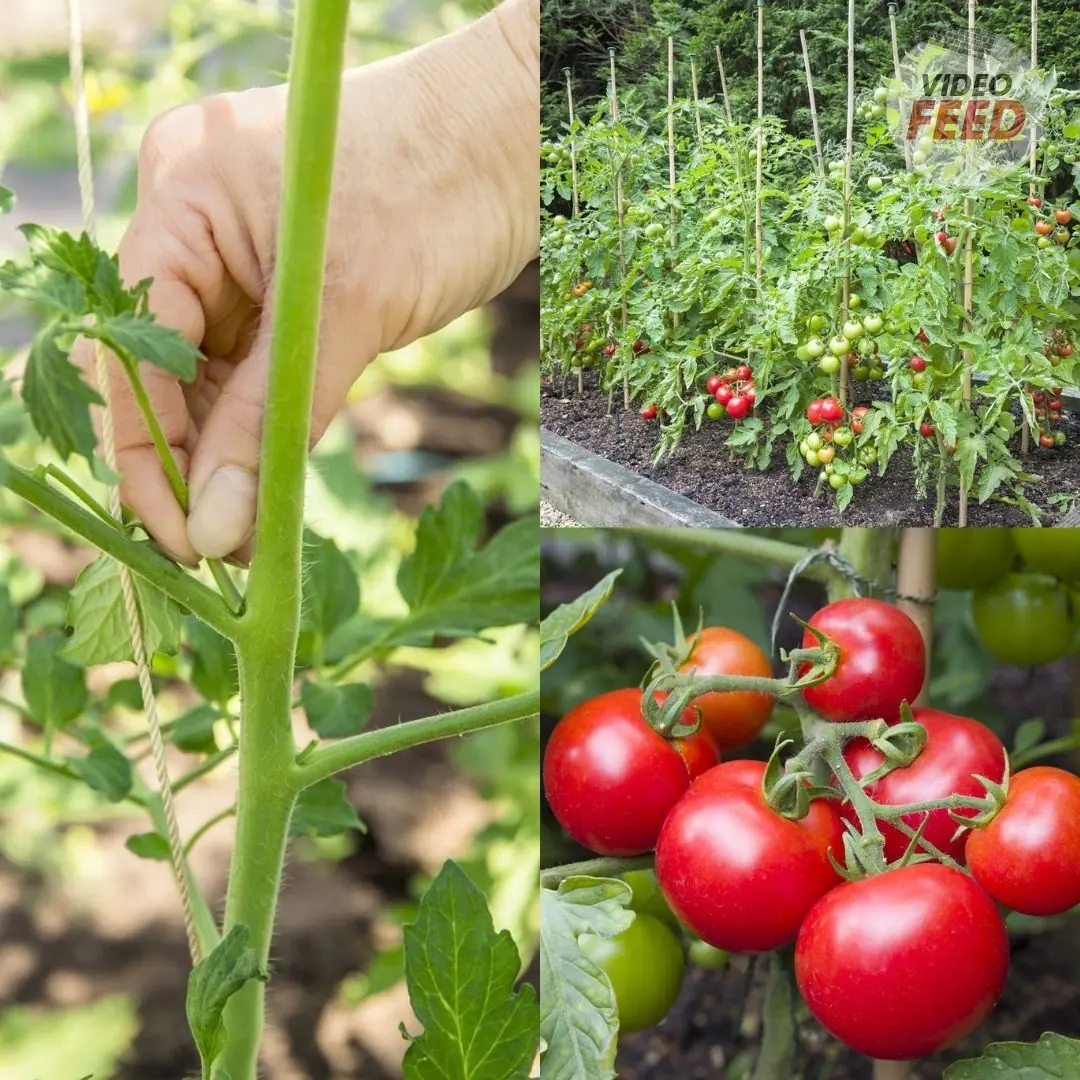
The 8 Biggest Tomato Growing Mistakes, According to Experts
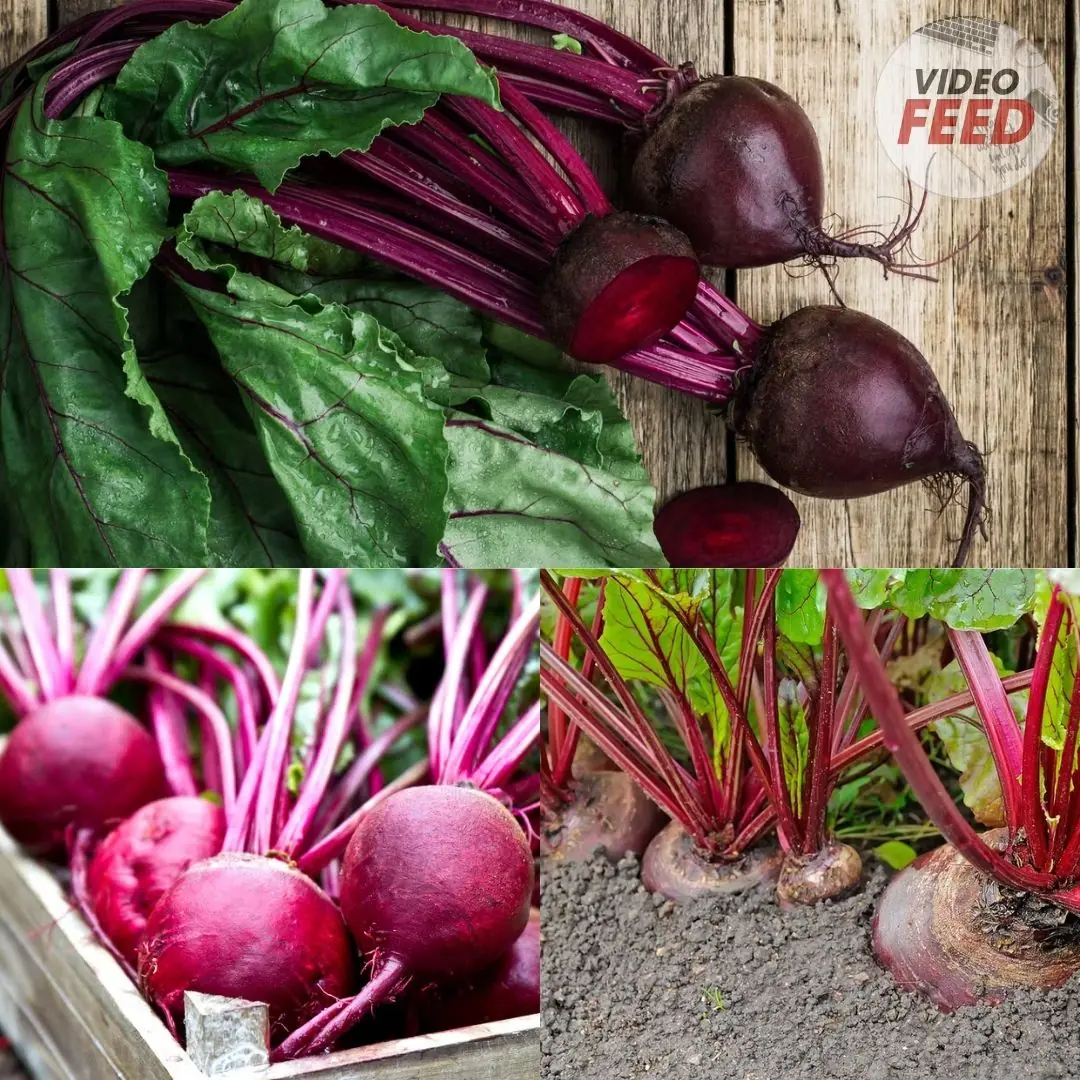
How to Grow Beets This Fall for a Hearty Autumn Harvest
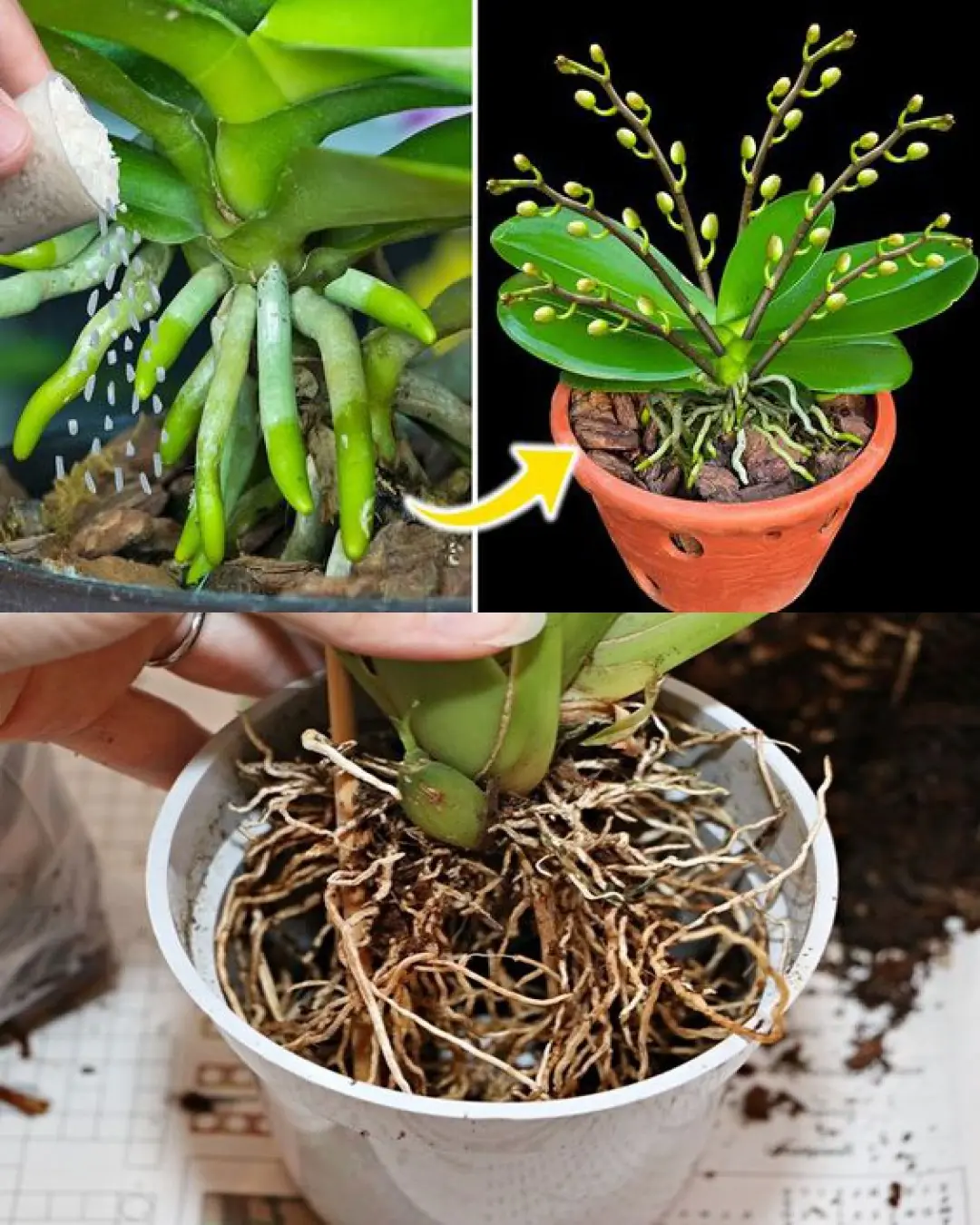
Deciphering Orchid Roots: Reasons They Extend Beyond Pots and Recommended Actions
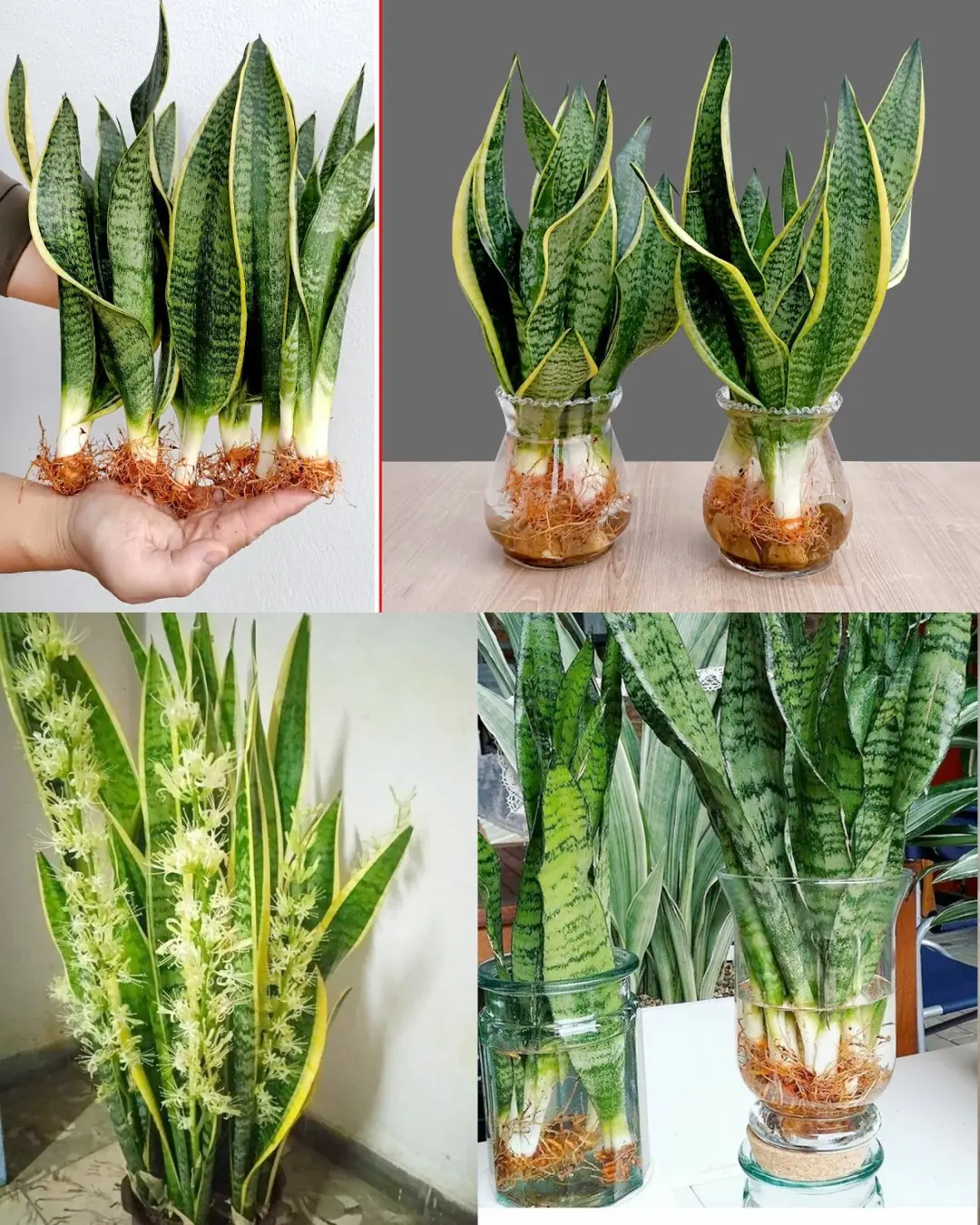
How to Multiply Your Sansevieria Quickly: From One Plant to a Thriving Collection
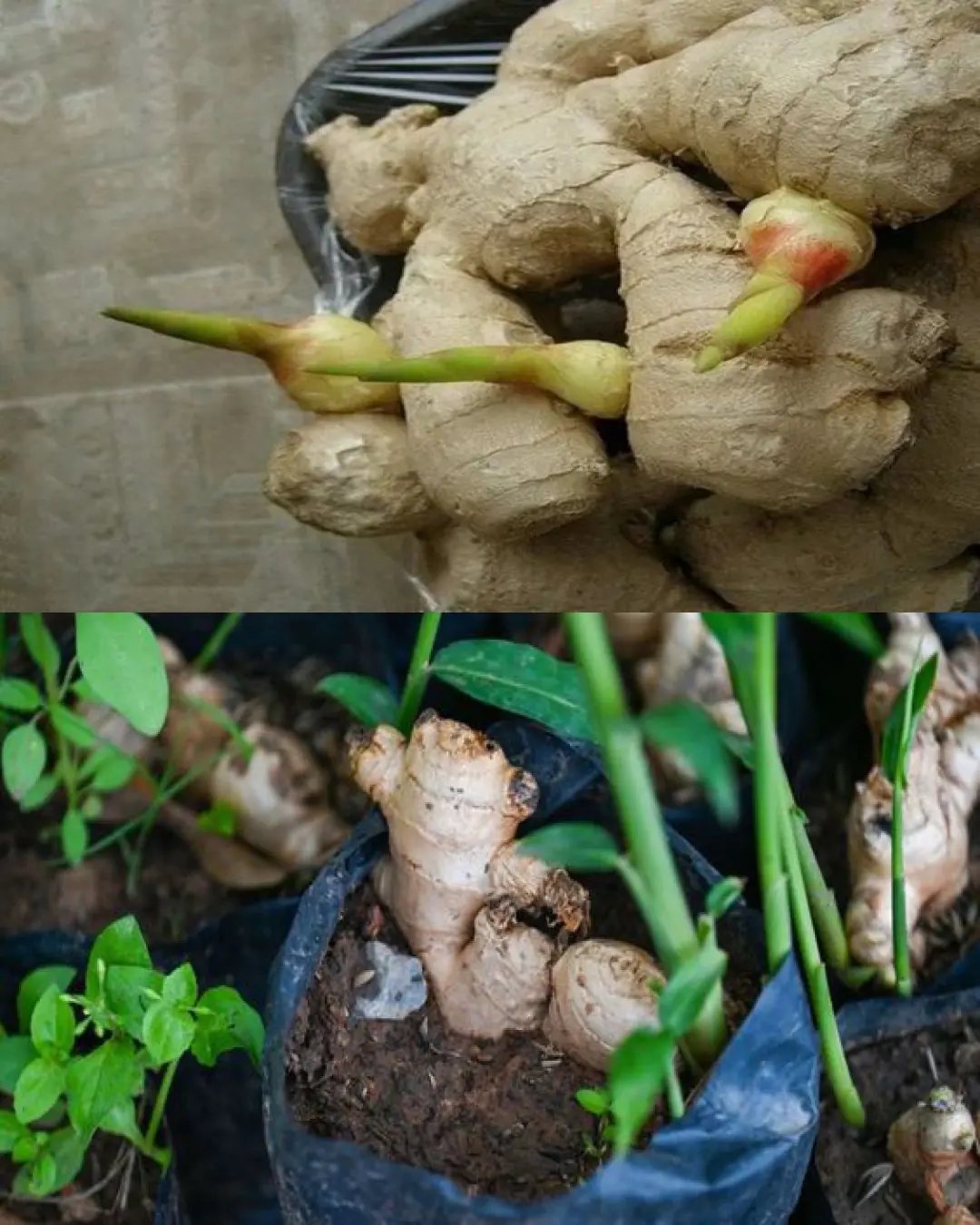
How To Plant Store-Bought Ginger & Grow Your Own Endless Supply
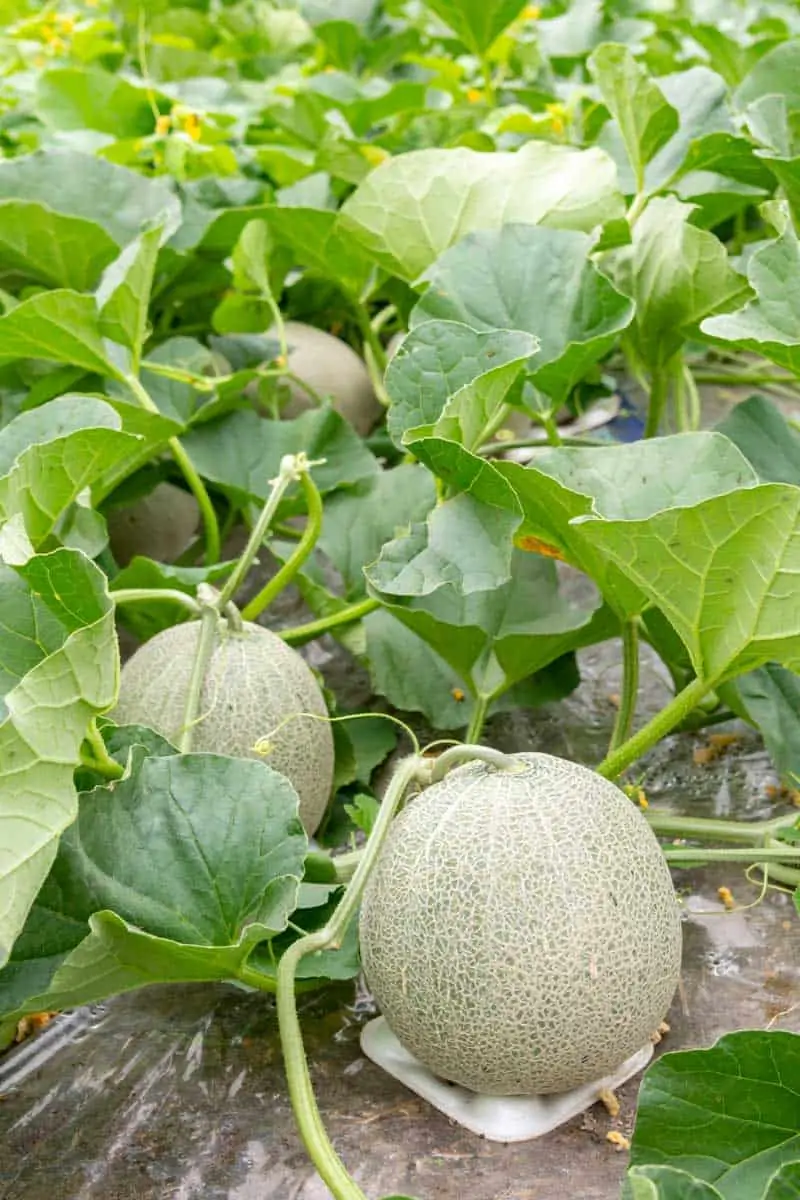
Guide to Cultivating Cantaloupe in Your Garden
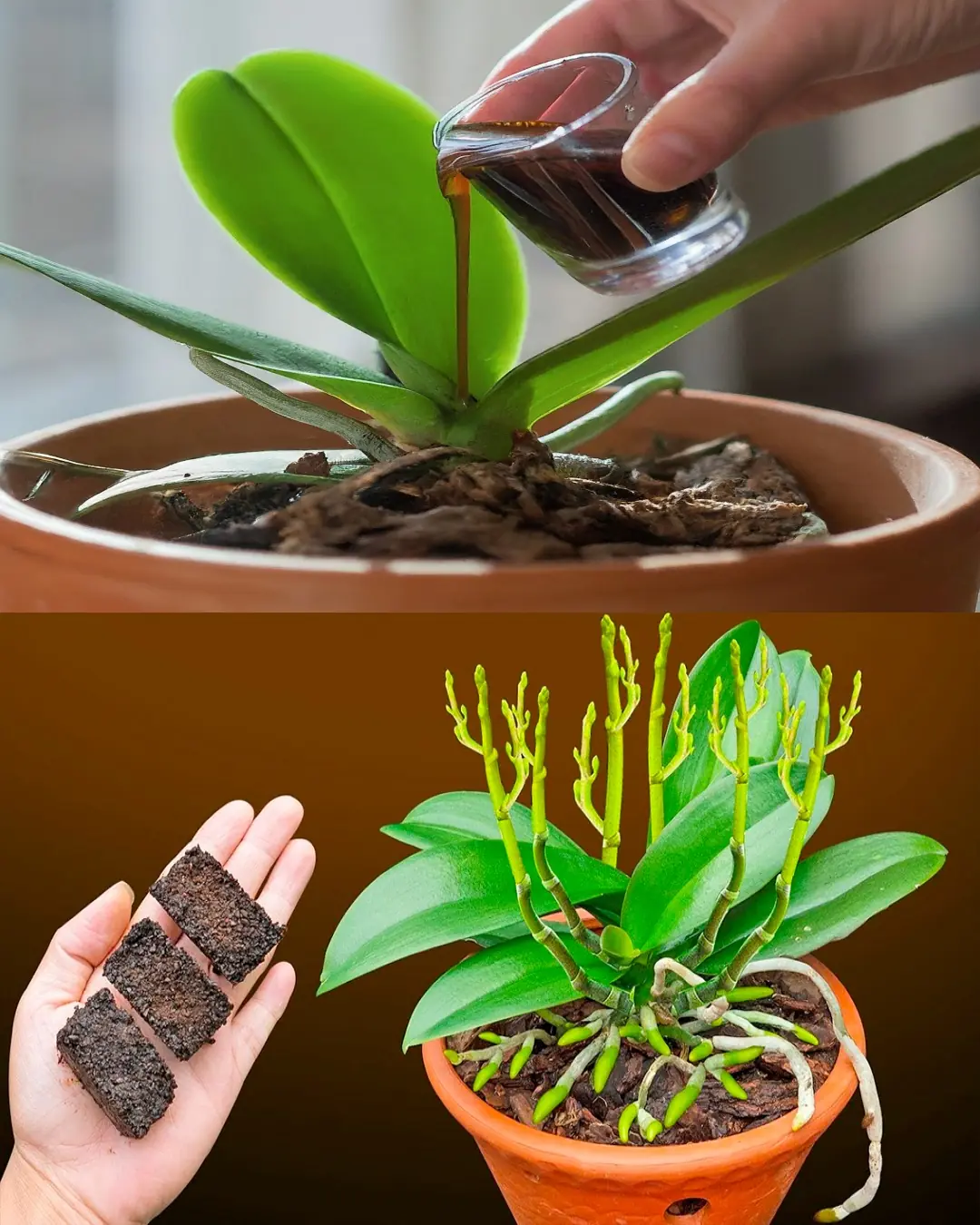
Coffee Magic: A Simple Trick to Help Orchids Bloom Repeatedly
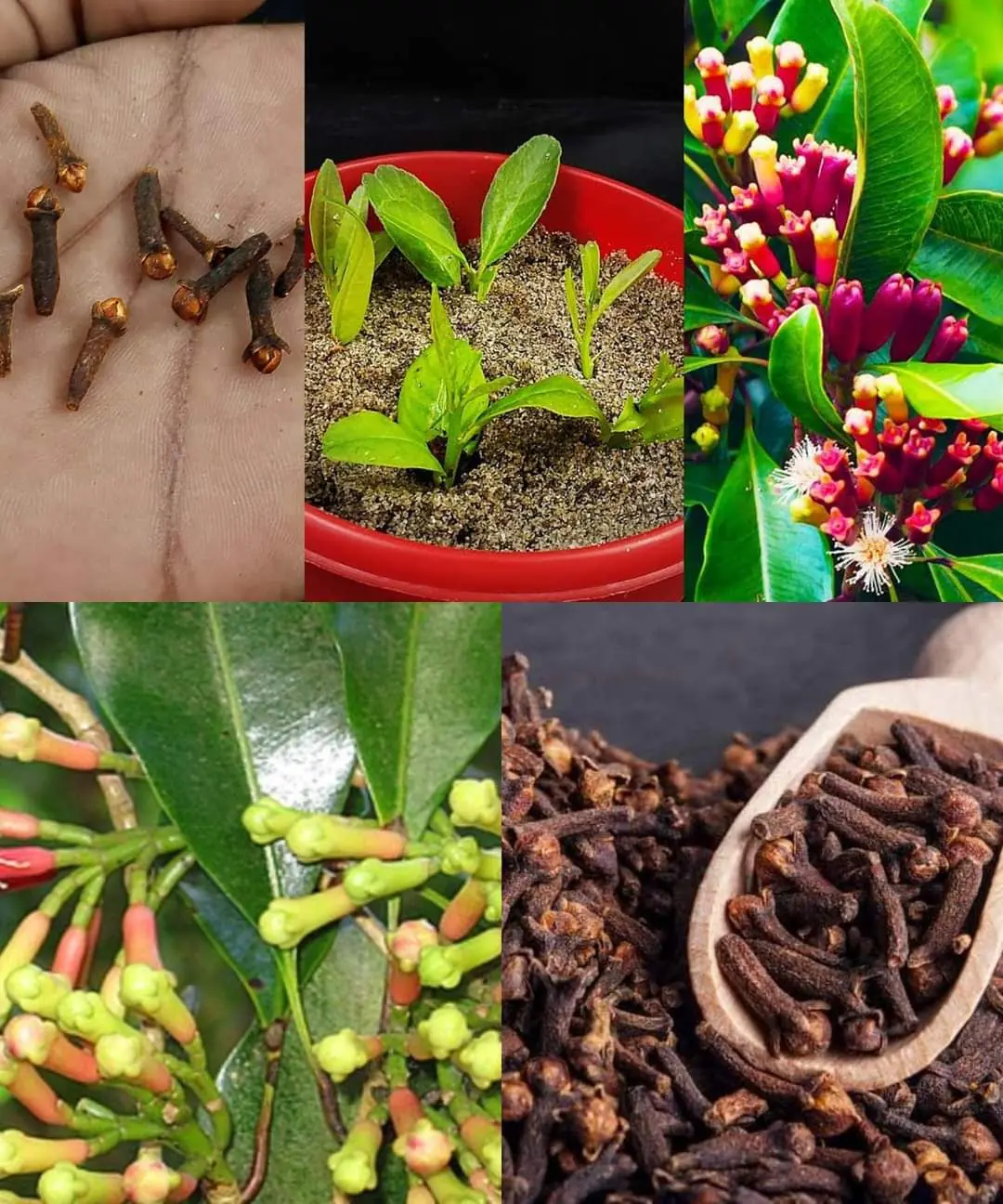
Easy Growing Clove: From Seed to Spice
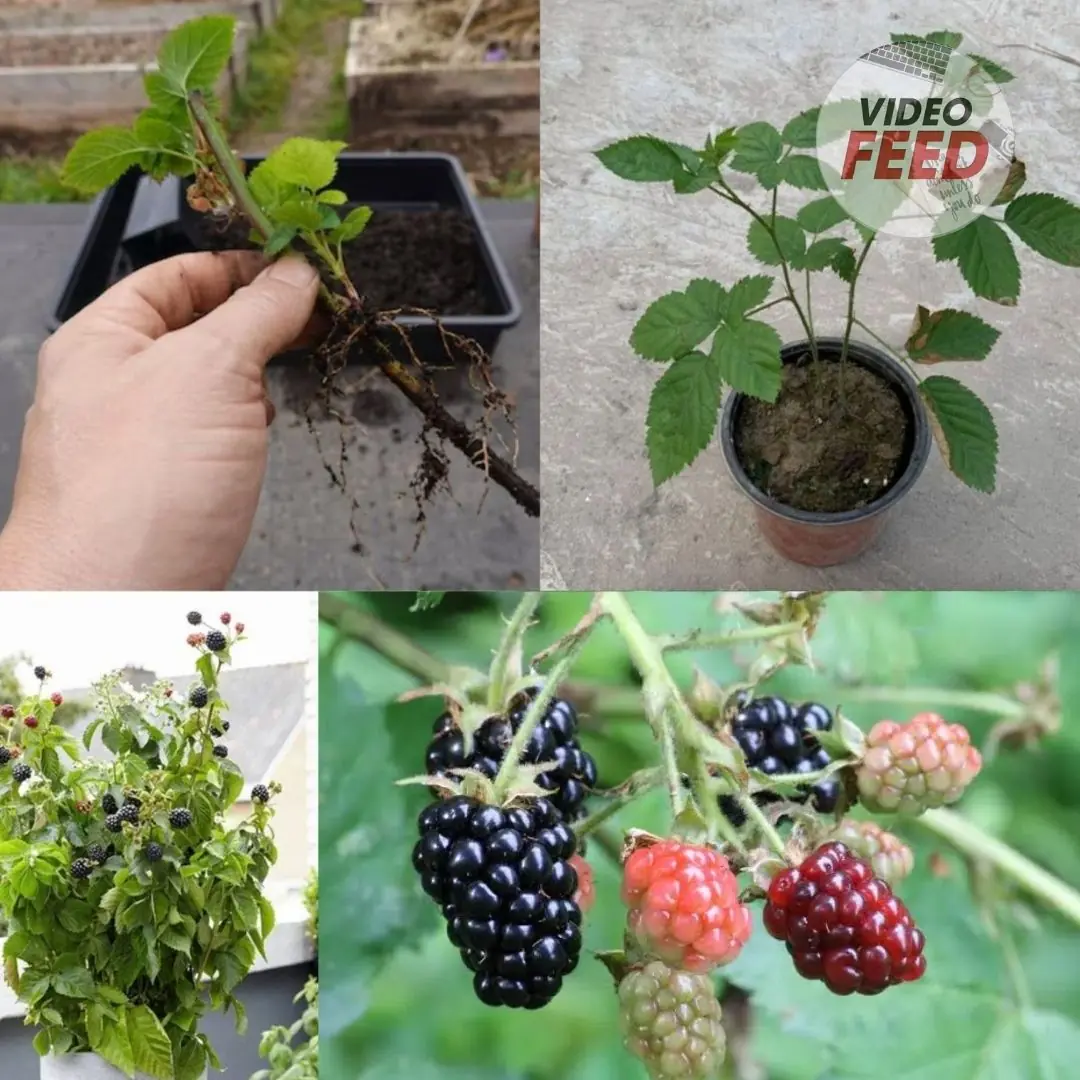
How to Grow Blackberries at Home in Pots
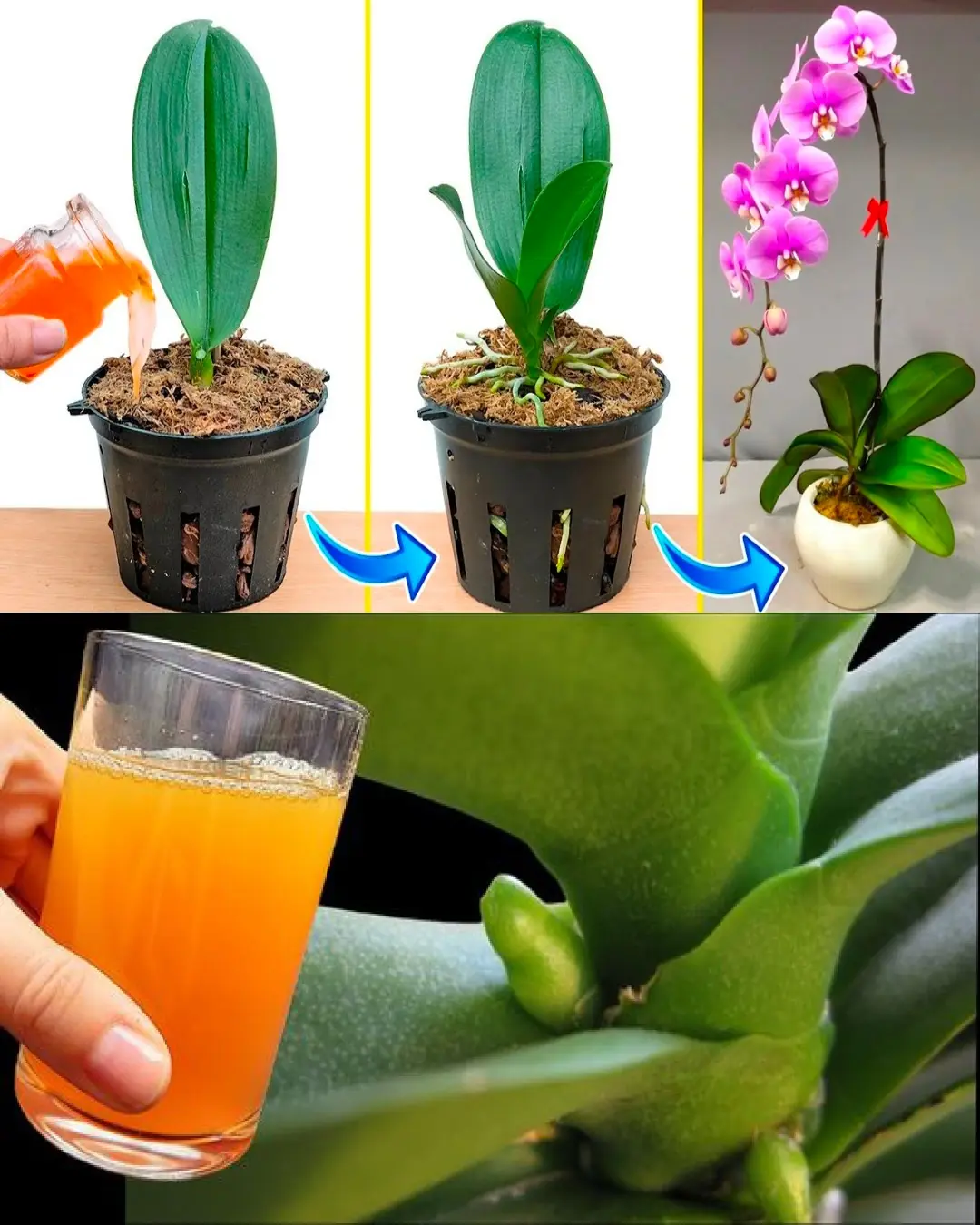
Unlock the Power of Carrot Juice: A Natural Boost for Thriving Plants
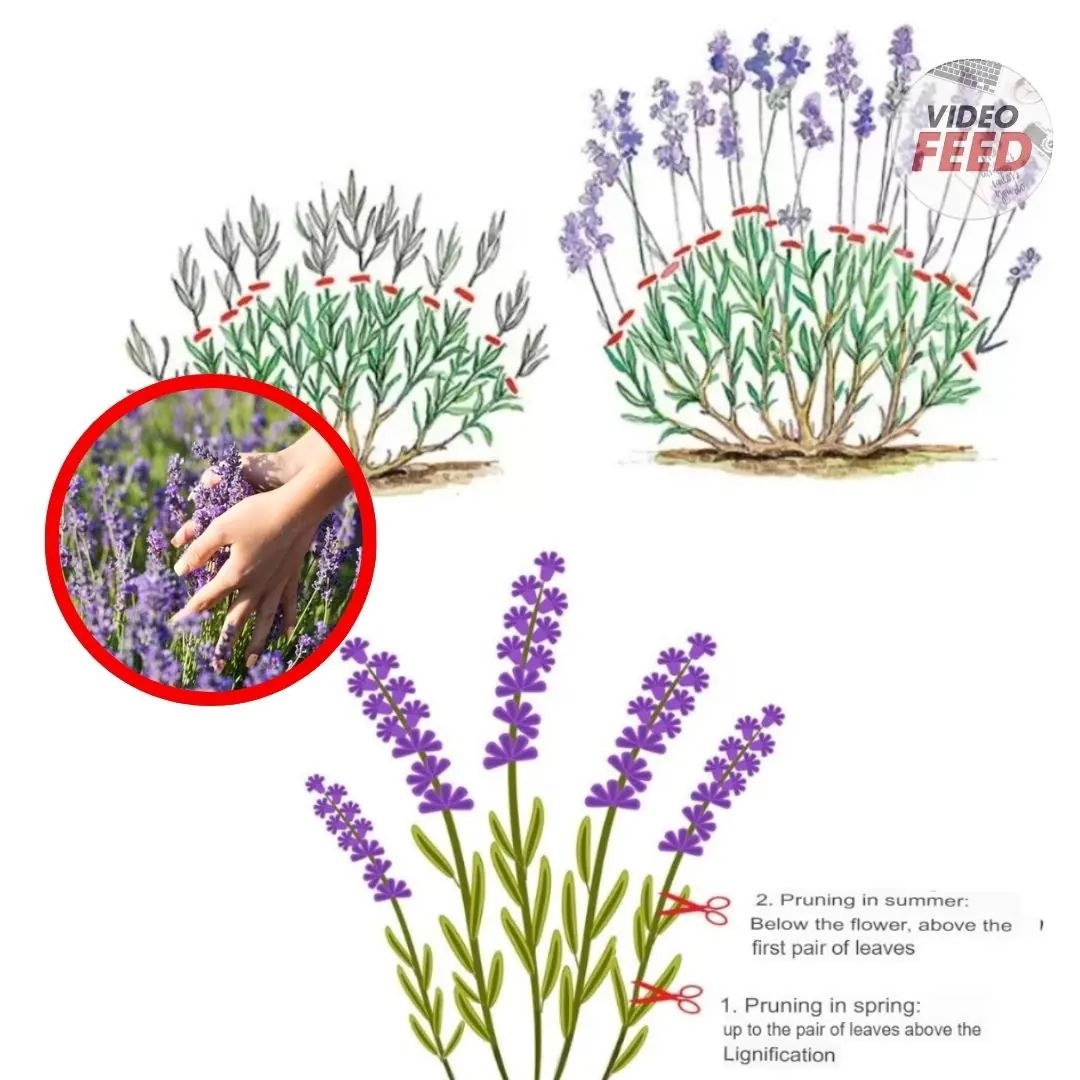
Trimming Lavender: Tips & Tricks from the Expert
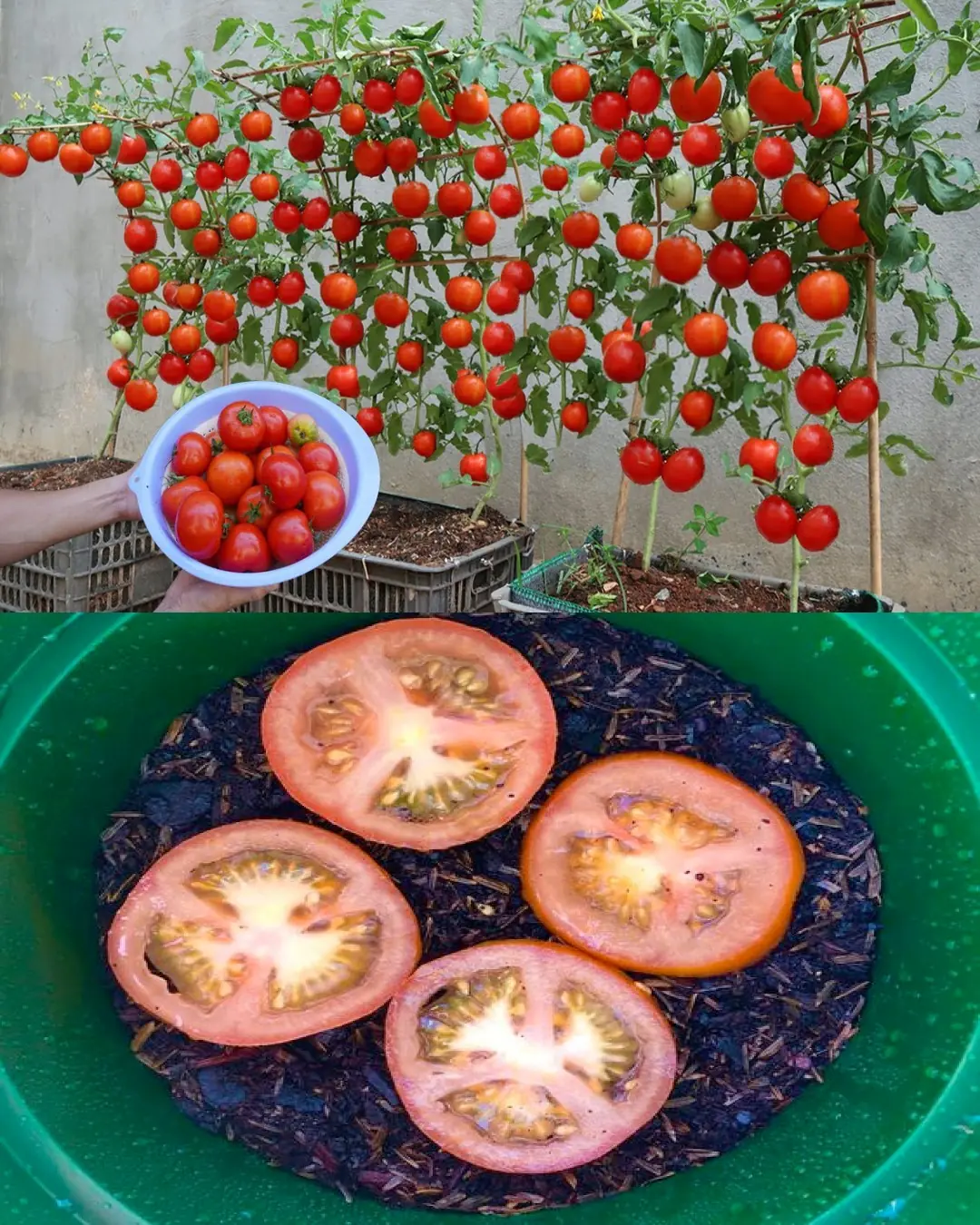
Growing Tomato Plant From Tomato Slice Time Lapse
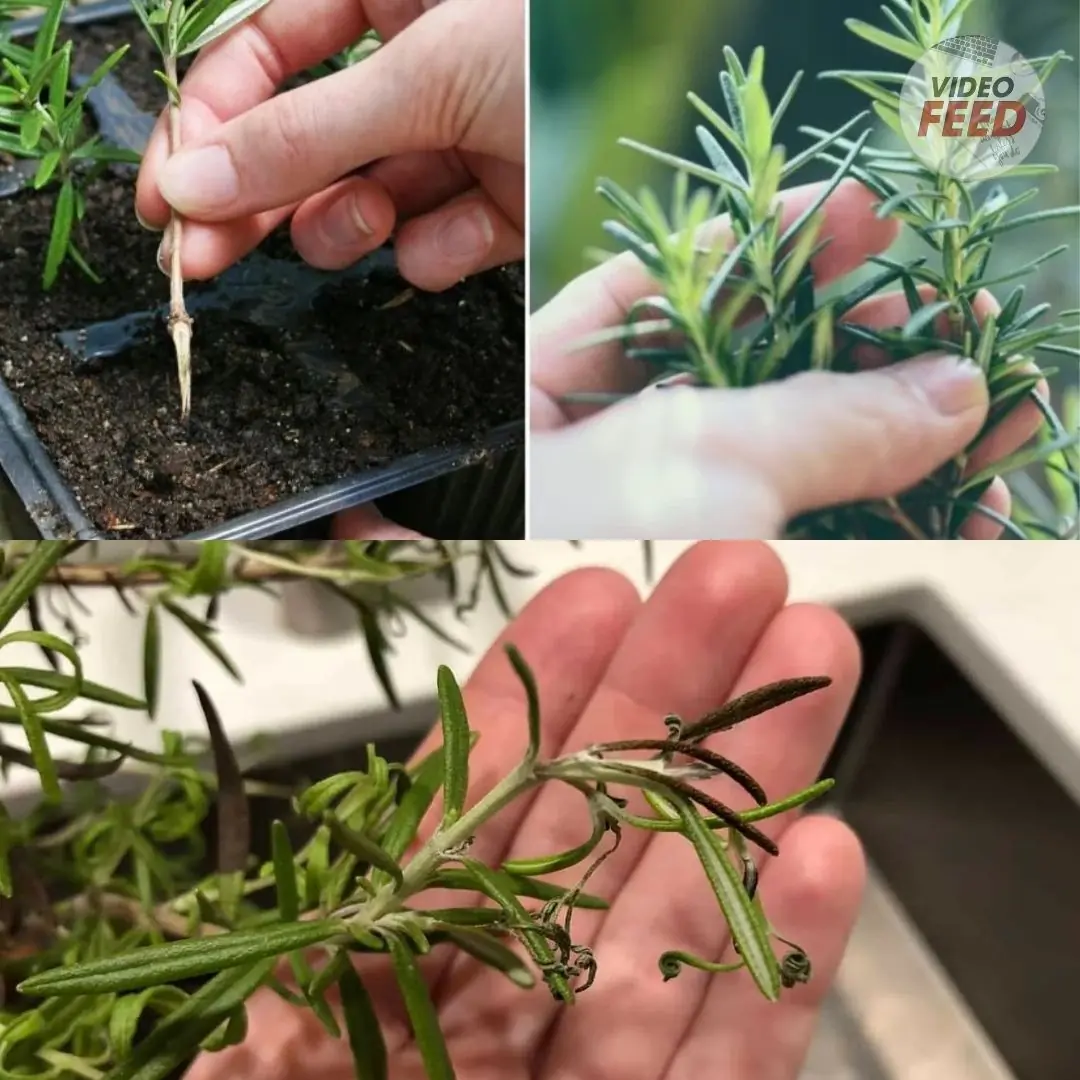
How To Grow Rosemary From Seed Or Cuttings – Everything You Need To Know
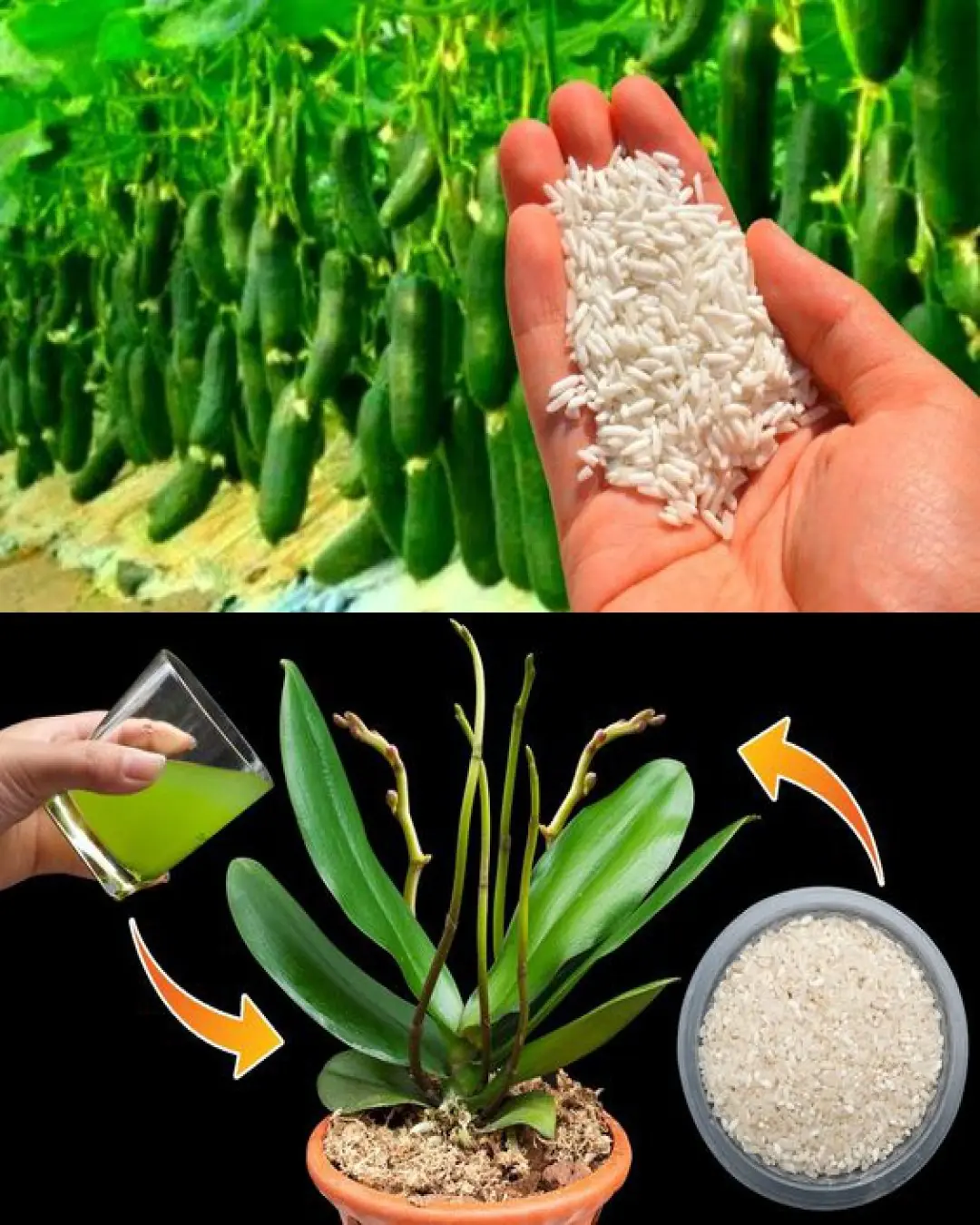
Rice Grains Unleashed: Supercharge Your Plants with Natural Strength and Vitality
News Post

Snake Plants and Their Rare Blooming Phenomenon: A Guide to Encouraging Flowers
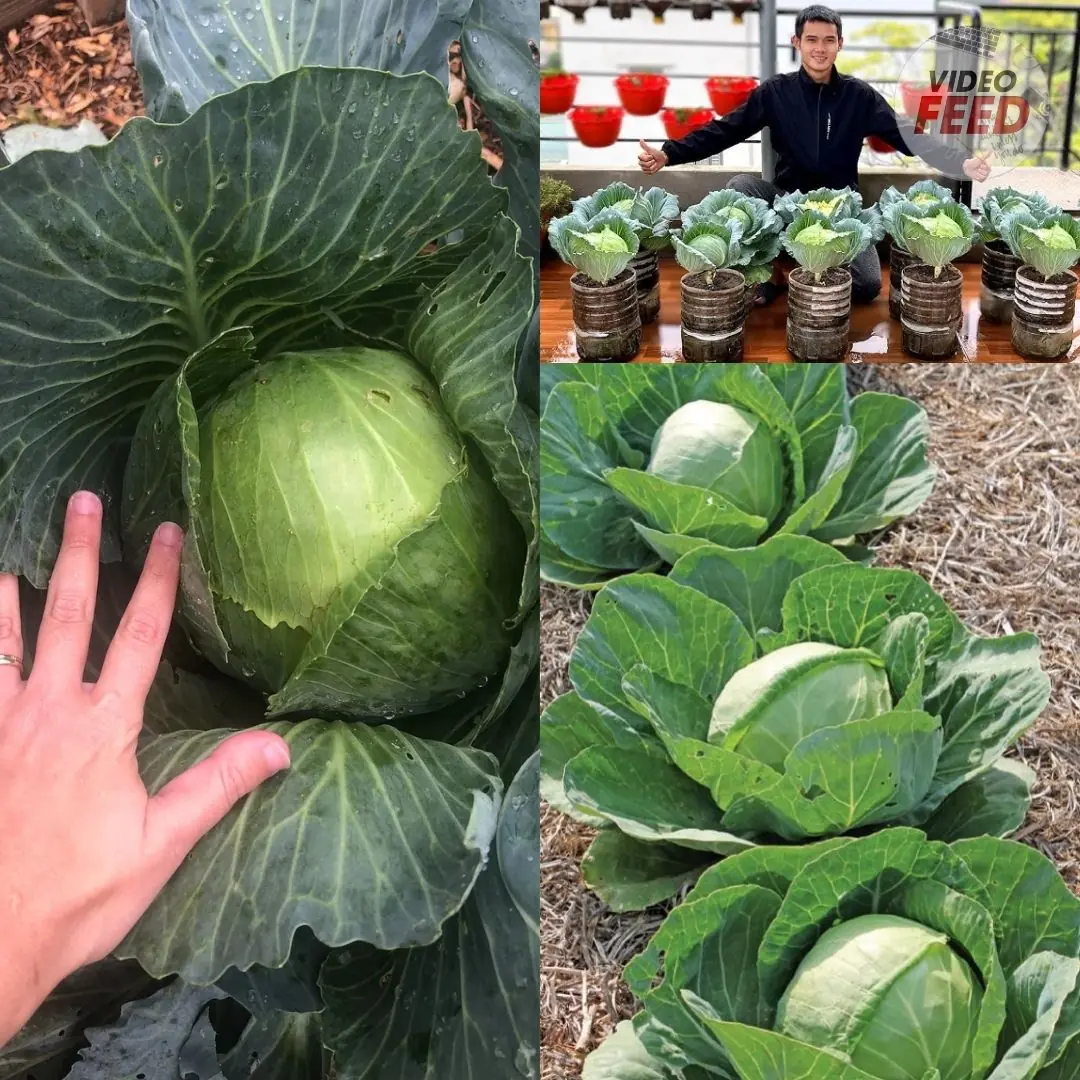
How to Grow Cabbage: 10 Tips for a Successful Harvest

Tips for cleaning yellow pillow cores with tiny mold spots

4 Signs You Might Have Sleep Apnea
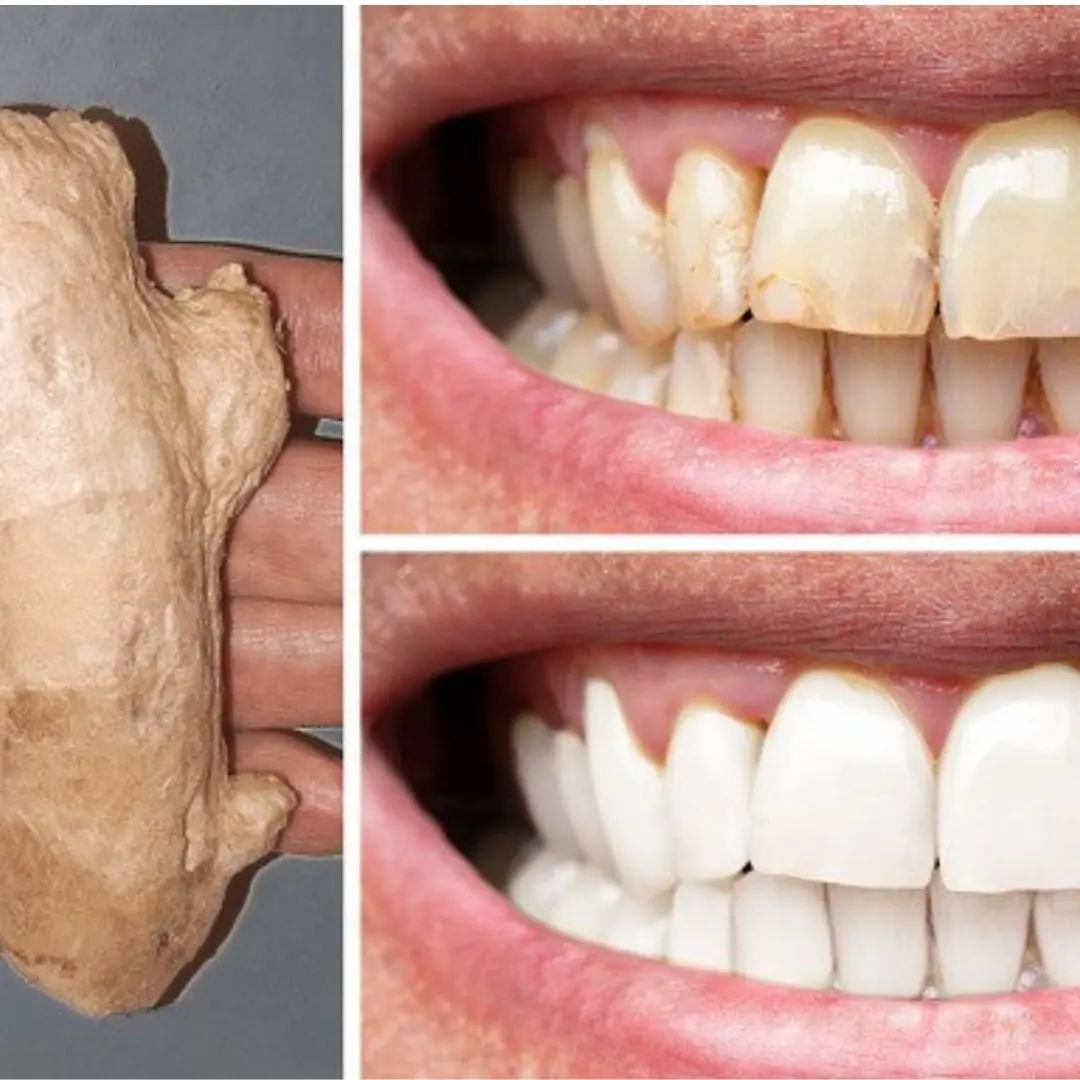
7 Natural Tips to Improve Teeth Whiteness at Home

5 foods you should never keep overnight

Throwing away coffee grounds is like throwing away money. Uses of coffee grounds that every home needs

Waking Up With Numb Hands? Here's What Your Body's Trying to Tell You

The Power of Yeast: A Natural Booster for Growing Tomatoes, Peppers, and Cucumbers

Thought You Had to Simmer Pork for Hours to Make It Tender?

Mother Collapses: "I Thought These Two Things Were Can.cer-Preventing Superfoods"

The 8 Biggest Tomato Growing Mistakes, According to Experts

How to Grow Beets This Fall for a Hearty Autumn Harvest

5 bad habits that increase the risk of stroke at night

Should you brush your teeth before or after breakfast

15 years without can.cer recurrence: Japanese doctor shares 5 simple secrets to keep malignant cells from "daring to return"

5 diseases that cause stomach pain after eating

6 factors that silently increase the risk of myocardial infarction

Insomnia, when to see a doctor?
